Motörhead – Motörhead (Chiswick Records, 1977)
With the
recent passing of Ian Lemmy Kilmister (1945-2015) I’ve
decided to revisit the entire Motörhead
discography. As an homage but also as a way to mourn this immortal legend of
rock and roll.
Released in
1977, the same year that Eagles
released Hotel California, Fleetwood Mac’s Rumours, Pink Floyd’s Animals, Never Mind The Bollocks Here’s The
Sex Pistols, the self-titled The
Clash, David Bowie’s Low, and Wire’s Pink Flag. This
selection of the best albums of the year demonstrates how music was at a
turning point between mainstream and underground. Motörhead brought edge,
intensity, with faster music, a heavier sound and a penchant for Black Sabbath, Jimmy Hendrix, and bluesy rock.
It was about
playing louder than everything else and being closer to rock and roll. The
likes of Chuck Berry are more than influences on Kilmister. They are his
gospel. Lemmy always shouted out loud that he was playing rock and roll and
nothing else. He played his own particular kind of rock and roll with loose
approach and a peculiar sense of live loudness.
The eight
songs on Motörhead are the perfect
example of Motörhead’s sense of loud version of rock. In fact, from there you
have the pattern for early punk, heavy metal, thrash metal, black metal, and
death metal.
With the songs
Motörhead, Iron Horse/Born To Loose, Lost
Johnny, and The Watcher you have
stellar legend songs of the most important music act of heavy rock. Even the
lesser The Train Kept A Rolling and The Vibrator are engaging and yet White Line Fever really has an edge that
transcends musical trends and time.
This is not a
surprise that only two years after this first effort, Motörhead will release one of their first of a series of masterful records with Overkill in 1979.








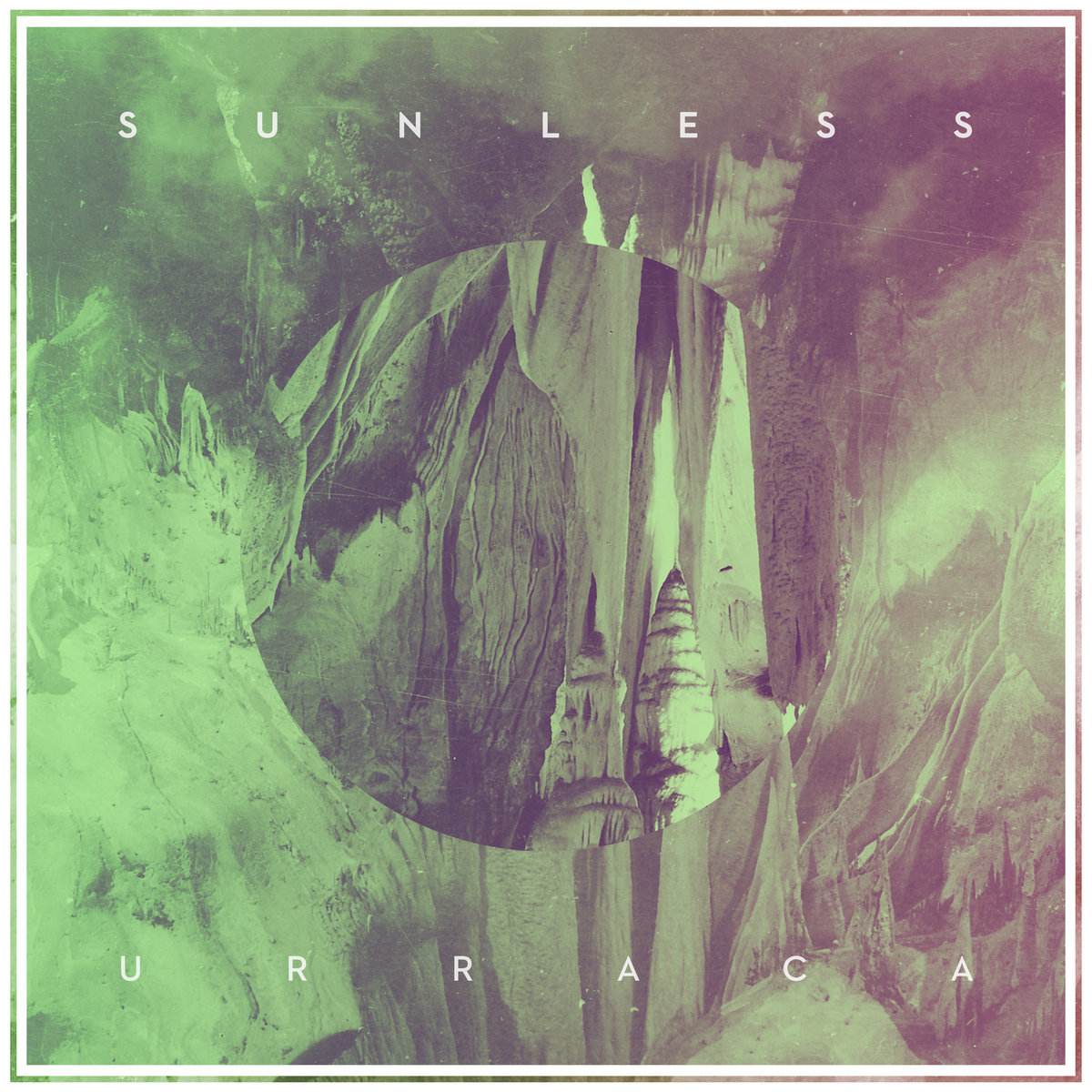

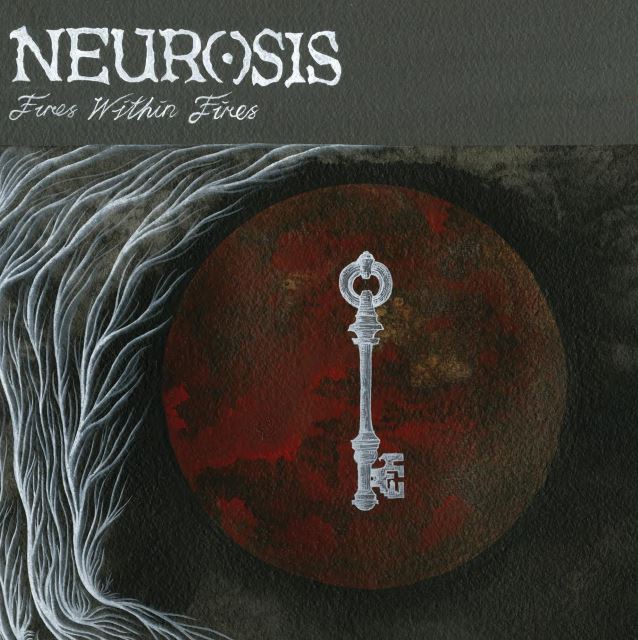
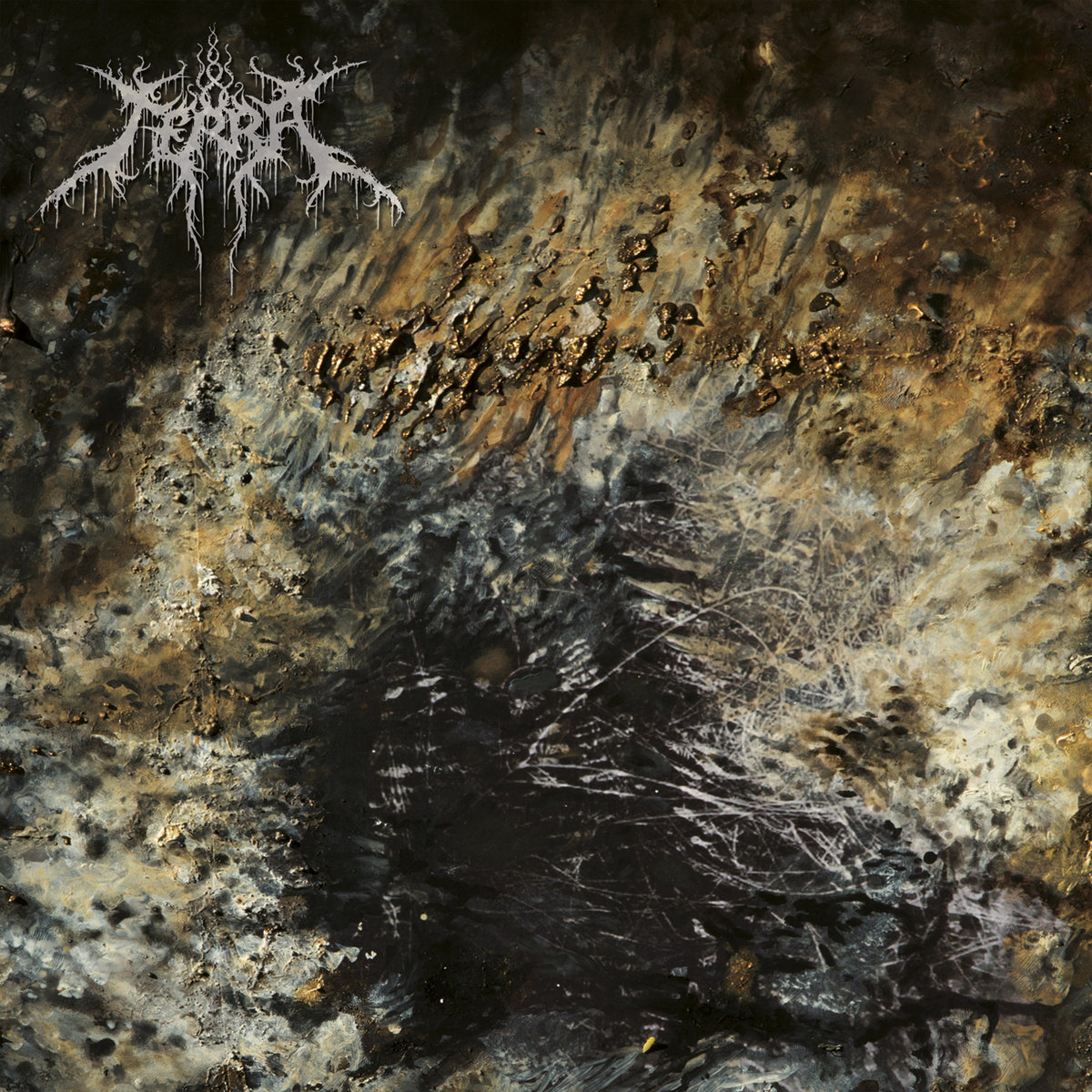
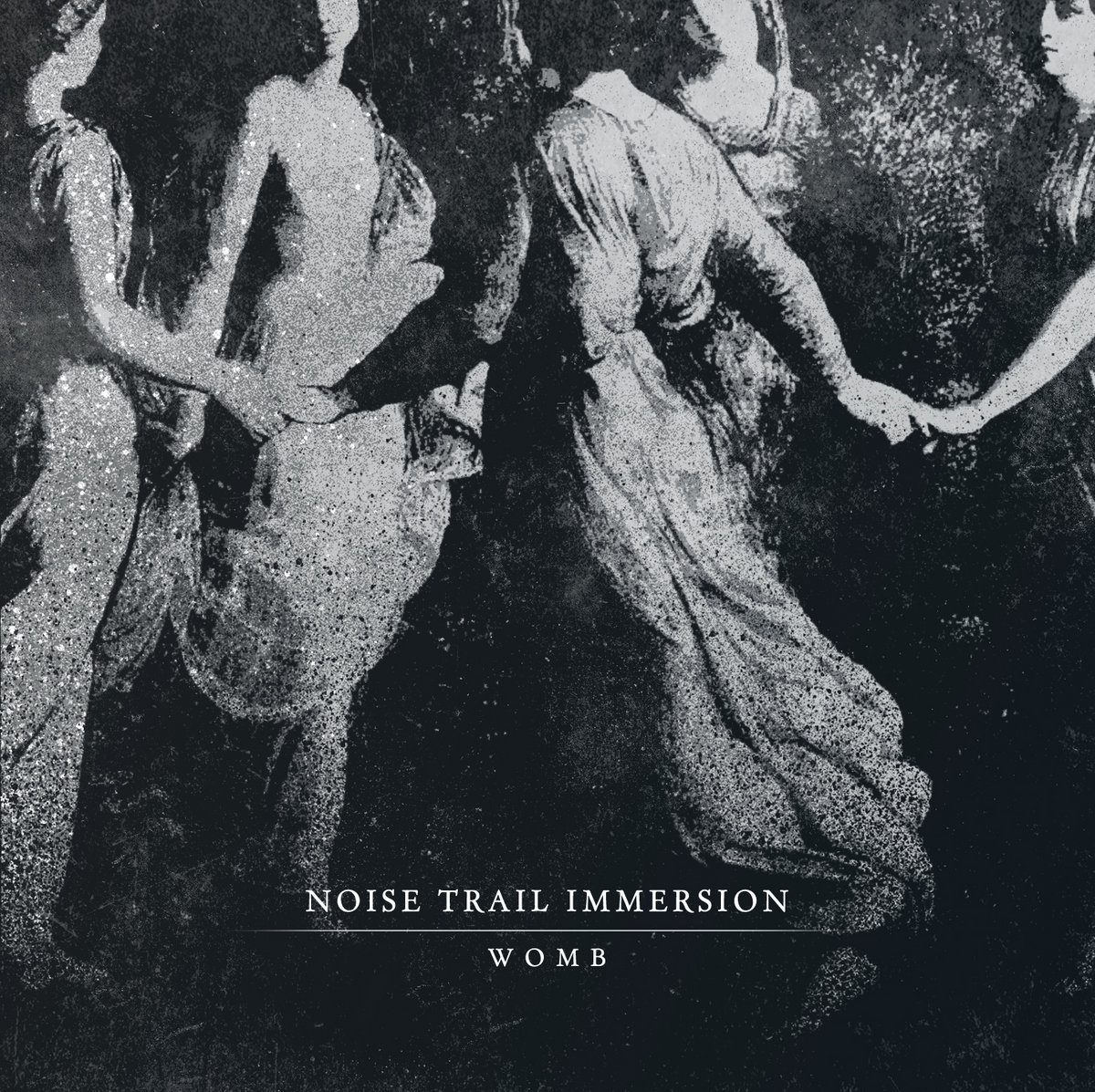

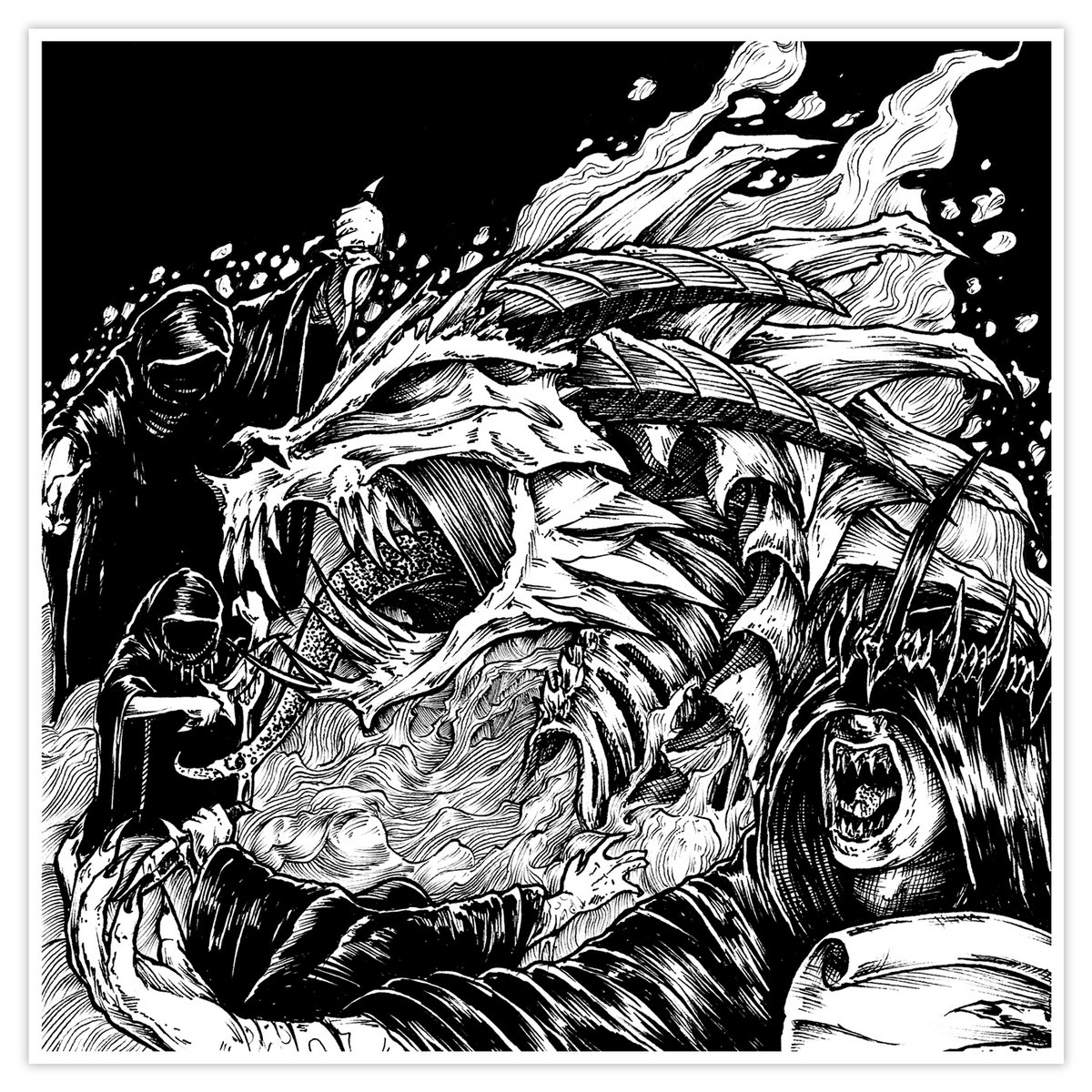
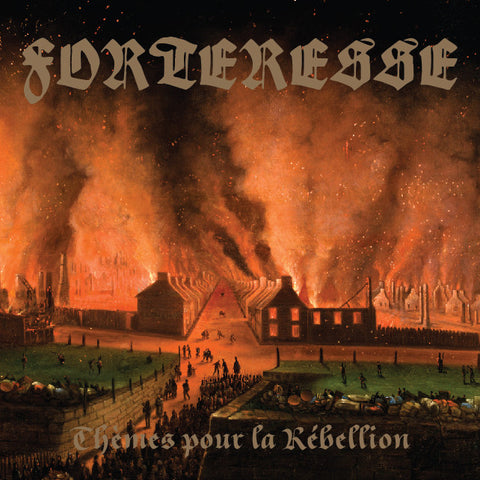
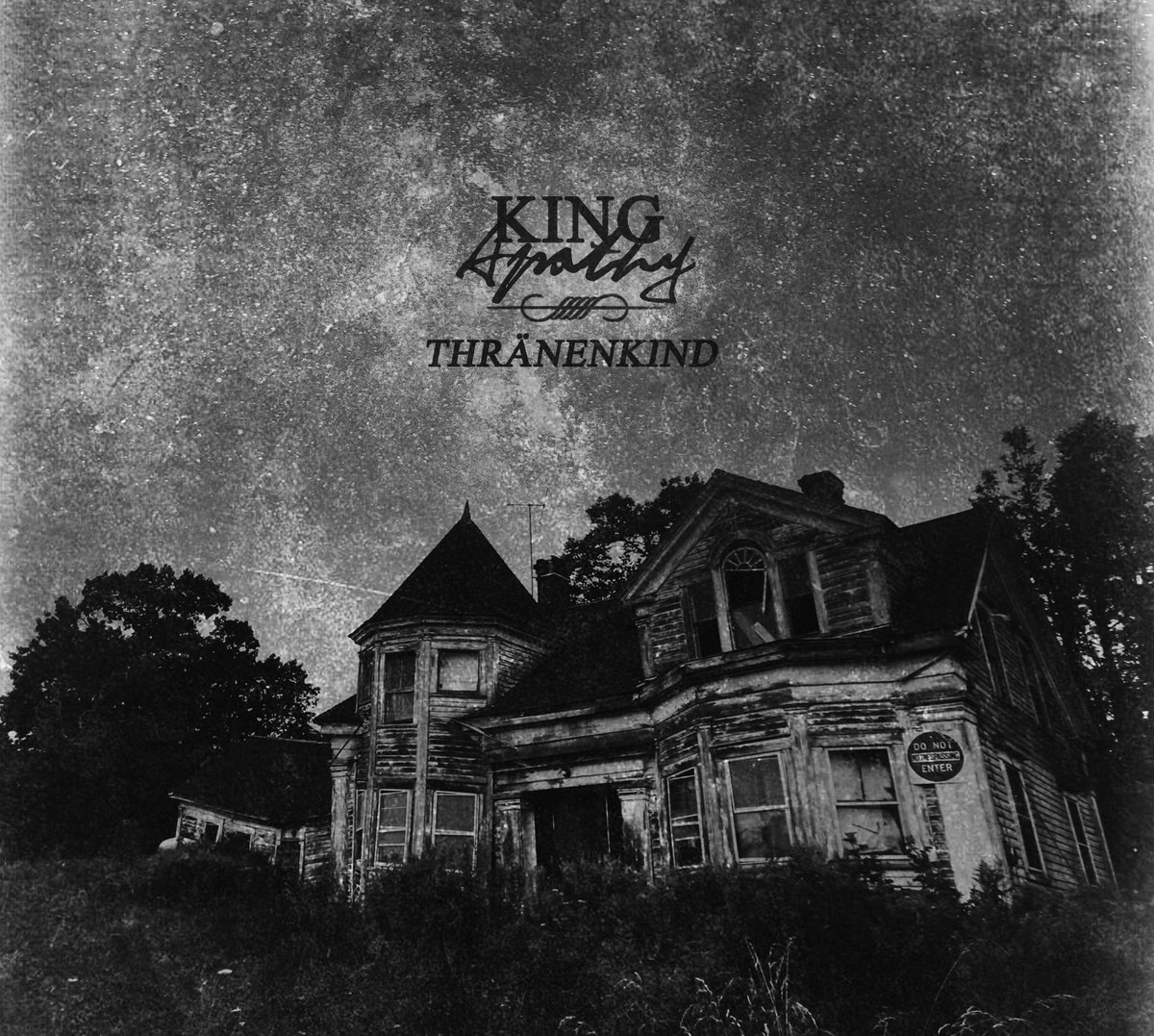
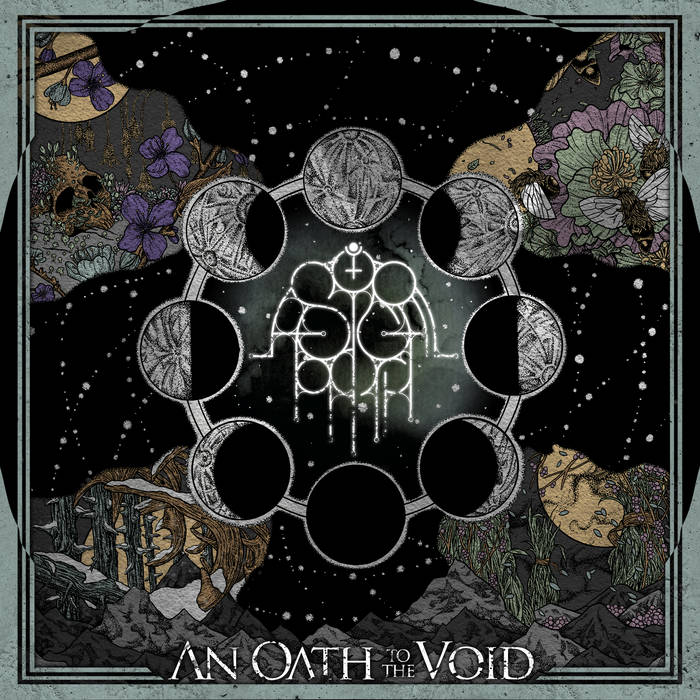






No comments:
Post a Comment